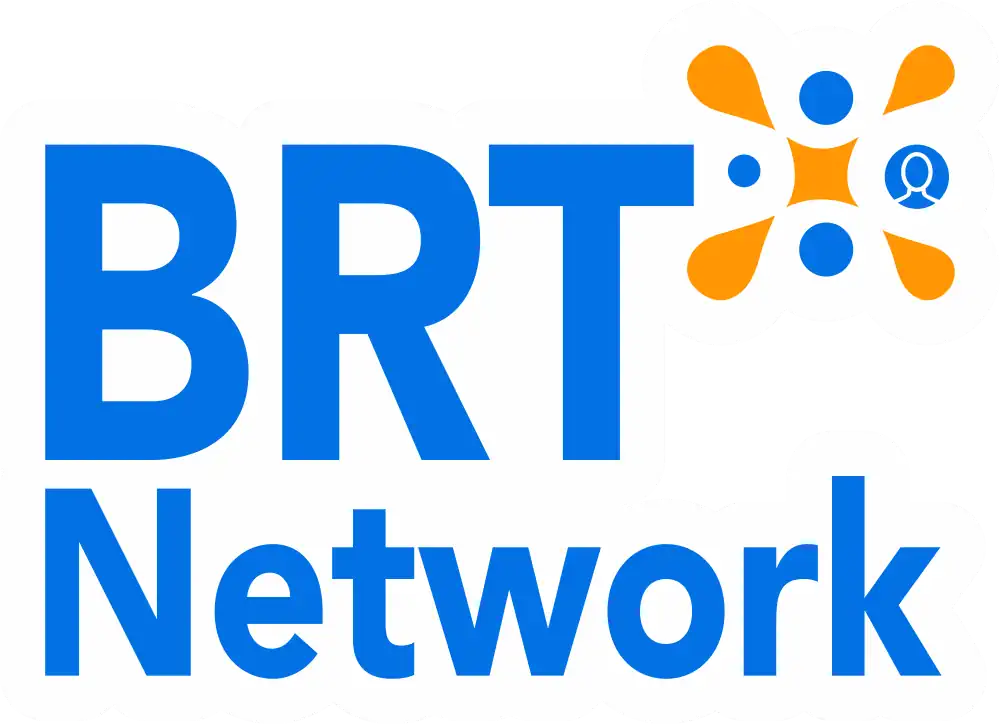Being a Virtual Assistant (VA) these days is a pretty cool gig that's become super popular.
Basically, instead of working in an office, you're like a digital sidekick for people or companies, helping them out with all sorts of stuff from wherever you are.
Think of it like this: you're that organized friend who's good at getting things done. But instead of just helping out your buddies, you're doing it for clients online.
The awesome thing about being a VA is the flexibility. You can often work from your laptop anywhere you've got internet.
For the people who hire VAs, it's great because they get the help they need without having to pay for a full-time employee with all the extra costs.
If you're good at being organized, communicating online, and you're tech-savvy, being a virtual assistant is a real option these days. It's all about helping people get their stuff done without being in the same room!
How Do I Get Work As A Virtual Assistant?
Landing your first VA gig usually involves a few key steps:
1. Figure out your skills
What are you already good at? Think about your past jobs, hobbies, and things people compliment you on. Are you super organized? Great at writing? Tech-savvy? Good with social media? Knowing your strengths will help you decide what services to offer.
2. Decide on your niche (optional but helpful)
While you can be a general VA, specializing in a certain area (like social media for small businesses, or administrative support for real estate agents) can make you stand out.
3. Build a portfolio or samples
Even if you don't have direct VA experience, you can create samples of your work. For example, if you want to do social media, create some sample posts. If you're offering writing services, have some writing samples ready.
4. Set your rates
Research what other VAs with similar skills are charging. Consider your experience level and the value you offer. You can charge by the hour or per project.
5. Create an online presence
This could be a simple website, a profile on freelancing platforms, or even just a professional LinkedIn page. Make it easy for people to find you and see what you can do.
6. Network
Tell your friends, family, and former colleagues that you're starting as a VA. You never know where your first client might come from!
7. Use freelancing platforms
Websites like Upwork, Fiverr, and Guru are great places to find initial clients. Be prepared to start with competitive rates to build your reputation.
8. Reach out directly to potential clients
Once you have a clearer idea of your niche, you can start contacting businesses or individuals who might need your services. Tailor your pitch to their specific needs.
What Does A Virtual Assistant Do?
We touched on this earlier, but here's a bit more detail on the kinds of tasks a VA might handle.
Administrative Tasks
Email management, calendar scheduling, data entry, preparing documents, making travel arrangements, and phone calls.
Social Media Management
Creating and scheduling posts, engaging with followers, managing different social media platforms, and basic graphic design for social media.
Content Creation
Writing blog posts, articles, website copy, social media captions, and email newsletters.
Customer Service
Responding to customer inquiries via email, chat, or phone, providing support, processing orders, and handling complaints.
Marketing Support
Email marketing campaigns, SEO tasks (like keyword research), managing online advertising, and creating marketing reports.
Technical Tasks
Website maintenance, basic tech support, managing software, and data analysis.
Personal Tasks
Managing personal calendars, making appointments, booking travel, and organizing events.
Bookkeeping and Invoicing
Tracking expenses, sending invoices, basic financial record-keeping.
The specific tasks a VA handles will depend on their skills, experience, and the needs of their clients.
What Qualifications Do I Need To Be A VA?
There aren't strict formal qualifications like a specific degree you must have. However, certain skills and qualities are highly valued.
- Strong organizational skills: Being able to manage tasks, prioritize, and meet deadlines is crucial.
- Excellent communication skills: You'll need to communicate clearly and professionally, both in writing and verbally.
- Tech-savviness: Comfort and proficiency with various software, online tools, and platforms are essential. This can include email clients, calendar apps, social media platforms, project management tools, and more.
- Time management skills: You'll often be working independently and managing your own time effectively is key.
- Attention to detail: Accuracy is important, especially when dealing with administrative or financial tasks.
- Problem-solving skills: Thinking on your feet and finding solutions to issues that arise.
- Professionalism and reliability: Clients need to trust that you'll deliver on time and maintain a professional attitude.
- Adaptability and willingness to learn: The online world is constantly changing, so being open to learning new skills and tools is important.
- Specific skills related to your niche: If you want to specialize in social media, having experience with different platforms and content creation tools is a qualification.
Can I Be A Virtual Assistant Without Experience?
Yes, absolutely! Everyone starts somewhere. However, you'll need to be proactive in highlighting your transferable skills and demonstrating your willingness to learn. Here's how to approach it.
Emphasize your transferable skills: As mentioned before, focus on the skills you have from other experiences that are relevant to VA work (organization, communication, tech skills, etc.).
Offer a specific niche (even a small one): Instead of saying you can do "anything," focus on a specific area where your existing skills might be a good fit (e.g., basic data entry, social media scheduling for a specific platform).
Be willing to start with lower rates: To gain experience and build a portfolio, you might need to offer more competitive rates initially.
Invest in learning: Take free or low-cost online courses to learn new skills that are in demand for VAs (e.g., social media marketing basics, using project management tools).
Create strong samples based on hypothetical tasks: If you don't have client work to show, create samples based on common VA tasks. For example, draft a sample social media post, organize a sample calendar, or create a sample data entry spreadsheet.
Be enthusiastic and eager to learn: In your applications and interactions with potential clients, highlight your enthusiasm and willingness to learn and grow.
The key is to be realistic, focus on your strengths, be willing to learn, and be persistent in your efforts to find your first clients. Good luck!





















![[Review Bodycare] Scarlett Loving, Varian Baru yang Bikin Rajin Mandi! [Review Bodycare] Scarlett Loving, Varian Baru yang Bikin Rajin Mandi!](https://blogger.googleusercontent.com/img/b/R29vZ2xl/AVvXsEhlAC-JZwqBmt43og_hkq8q-eAb4WyuJkh1D5jAPP7m5Al1pkKxJ8Q9Vo7RpAXdMLB0mireHJGSdLddLflvFui2wYU4FnZAErc-lrZ2oDsaw1d-iq2ckG7oPiiJ88r7Xv8Lc9OV4dulbE38umhMGbBr9GJk9qS2-hqcJiKfaHX2key0_Gl0UMqrhQv5p-d-/w360-h120-p-k-no-nu/rekomendasi%20sabun%20mandi%20terbaik.jpg)

Post a Comment